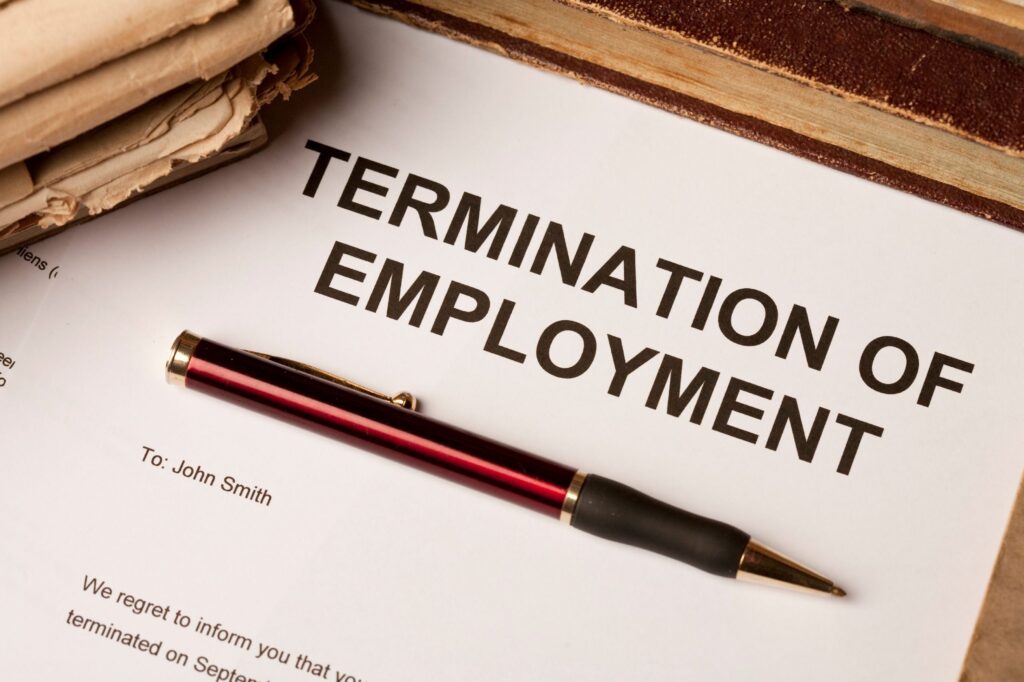When employees plan a holiday, they often tend to retain annual leave days for their break.
Sometimes, several employees within one business may try to book a large amount of annual leave during the same period, such as summer or Christmas. When that happens, it can be hard for an employer to decide who gets the time off―without ending up looking like the villain.
So, what can you do if you’re faced with an influx of annual leave requests? Let’s find out.
What is the annual leave entitlement in Ireland?
Annual leave in Ireland is part of the employer and employee relationship. Your position on annual leave should be explained in an employee’s contract of employment.
Essentially, annual leave is where an employee takes paid time off from work. All employees have a paid annual leave entitlement in Ireland as you, the employer, have a statutory obligation to provide paid annual leave to your employees under the Organisation of Working Time Act 1997 (OWTA). It applies to all employees under a:
- Contract of employment.
- Contract of apprenticeship.
- Public sector employees (excluding the Gardaí and the Defence Forces).
- Those from an employment agency.
How do I calculate annual leave?
You can calculate the statutory minimum annual leave entitlement for your employees by using one of the following methods:
- Four working weeks in a leave year in which the employee works at least 1,365 hours (unless it’s a leave year in which the employee changes employment).
- One-third of a working week for each month in the leave year in which the employee works at least 117 hours in that month.
- Part-time employees are entitled to 8% of the hours worked in a full leave year (but subject to a maximum of four working weeks).
Timing of annual leave
How to request annual leave isn’t as simple as an employee booking a day and then just not showing up to work. The request must be accepted by the employer and take account of the need for the employee to reconcile work and family responsibilities.
Annual leave should also be used within the current holiday leave year. Any days carried forward must be agreed upon with the employee and taken within the first six months of the new holiday leave year.
Having covered the above, we come to the all-important question: how do you decide who gets their desired days off?
How to allocate annual leave
Allocating time off can be a difficult task to manage and will be dependent on a number of operational and employee factors. The following steps will help you when managing conflicting requests.
First-come, first-served basis
Once adequate notice has been provided by the employee, in line with your business’s annual leave policy, look at assigning leave on a first-come, first-served basis. This is often a favoured approach adopted by businesses which should be communicated regularly to employees.
Rotation system
If you find, however, that the same employee submits their leave request in advance of their colleagues each year, consider implementing a rotation system. For example, if Employee A took leave over Christmas week the previous year, then Employee B should be provided with the opportunity to take leave during Christmas week for the current year.
Assigning annual leave
To avoid an influx of annual leave requests at the end of each year, employees should be encouraged to submit their accrued leave to take each quarter. From a health & safety perspective, this ensures employees are getting sufficient rest and recuperation throughout the year, while also limiting the reoccurrence of operational issues that may arise as a result of inundated requests. In the event that you intend to assign annual leave to employees, ensure you are doing so in line with the Organisation of Working Time Act, 1997 by providing employees with a minimum of one month’s notice of the specified dates. This practice should also be documented in your annual leave policy.
Finally, all requests should be treated in a fair and impartial manner. Although a first come first served basis is easily adopted, due consideration will need to be given to each request on an individual basis. This is to ensure circumstances surrounding employees’ leave requests are facilitated insofar as reasonably possible while taking into consideration the introduction of a rotation system.
Annual leave record-keeping
Records of annual holidays and pay should be kept for three years to ensure you will be in a position to defend any claims by employees.
Looking for expert guidance on annual leave?
If you have questions about annual leave, whether that’s handling requests or carryover, we can help. Speak to a HR expert now on 01 886 0350 or request a callback here.








